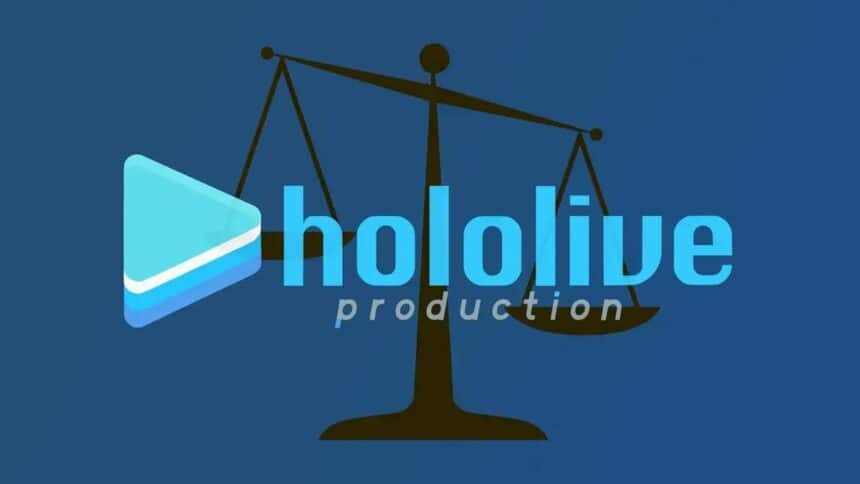Hololive is taking significant legal action against individuals for copyright infringement and defamation, aiming to safeguard the reputation of its creators and the brand itself. This move highlights the importance of protecting intellectual property in the online community. As discussions about these lawsuits unfold, they shed light on the balance between creativity and legal rights, a vital aspect for content creators in the industry.
Hololive has made headlines recently with their decision to take legal action against individuals for infringement and defamation. They are determined to protect their brand and the talents of their creators. But what does this mean for the creators involved?
Understanding Defamation and Copyright Infringement
Defamation happens when someone’s false statements harm another person’s reputation. This can lead to damage in their career and fanbase. Copyright infringement, on the other hand, involves the unauthorized use of someone else’s creative work, which is illegal. Both issues are serious and can hurt both the creators and the companies involved.
The Impact on Hololive Creators
By filing these lawsuits, Hololive aims to send a clear message. They want their creators to feel safe and valued. This legal action helps protect the rights of the talent associated with Hololive. It sets a standard for how seriously they take these matters.
Community Reactions
The community has had mixed feelings about these lawsuits. Some fans support Hololive’s stance. They believe it’s necessary to protect the brand. Others worry this could lead to a chilling effect, where creators might feel restricted. Open discussions about these feelings are important for the future.
What Happens Next?
As these legal cases unfold, many will be watching closely. The outcomes could influence how content creators engage with their fans and protect their work. Understanding the legal landscape is crucial for anyone in the creative industry.
Ultimately, Hololive’s actions raise awareness about the importance of respecting creators’ rights. This could shape how similar cases are handled in the future, impacting the entire community.







